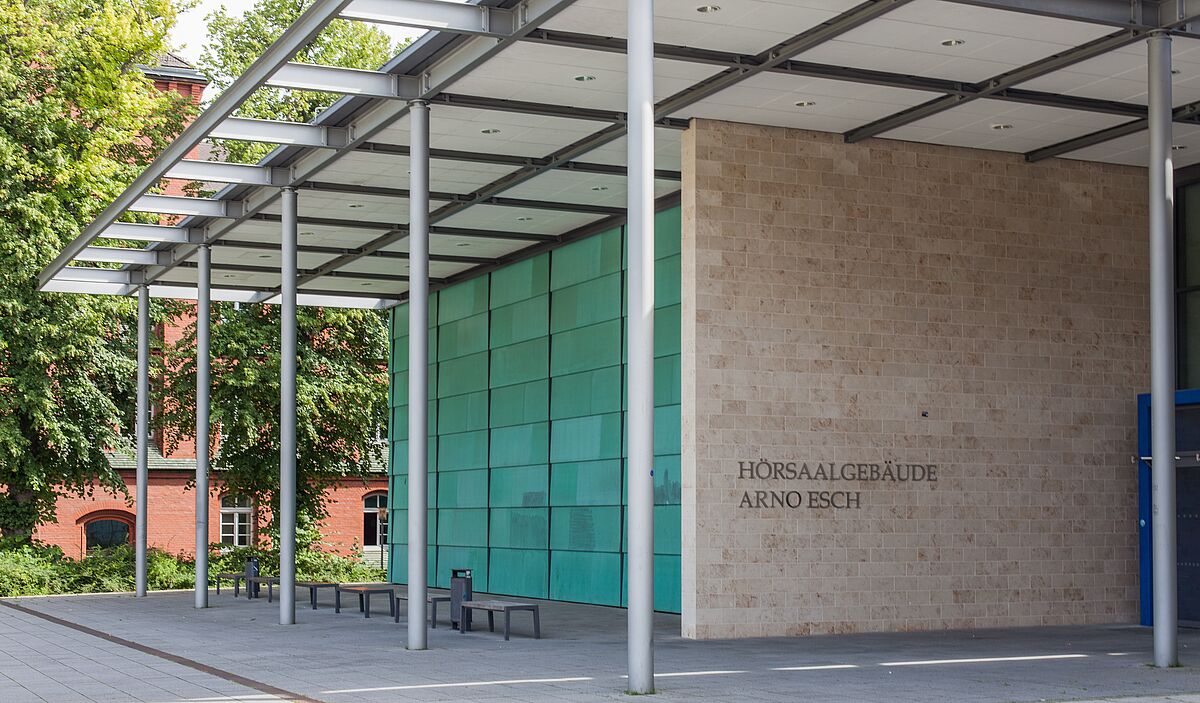The higher education system in Germany
There are three types of higher education institution in Germany:
1) Universities
2) Universities (of Applied Sciences)
3) Colleges of Art, Film and Music
A distinction is made between private universities (with tuition fees) and state universities (usually with no tuition fees).
Traditionally, universities have always been more research-orientated, while universities of applied sciences have had a much greater focus on practice with closer links to business. In recent years, however, more and more of the traditional universities have been trying to increase the practical relevance of specific courses, while in some areas the universities of applied sciences have become more academic and have applied for the right to award doctorates. As a result, some universities of applied sciences have recently renamed themselves simply as "universities", not least to gain more international recognition.
As a general rule, it makes sense to apply for a place at a traditional university if you are more theoretical and would like to do research. If you are looking for a practical course and more intensive support in smaller seminar groups, then you are probably better off at a university of applied sciences.
You can also take a doctorate at a university after completing a course at a university of applied sciences.
Information about degrees:
There are various degrees available in Germany. The type of degree primarily depends on your chosen subject.
1) Bachelor's: Standard period of study = six to eight semesters
2) Master's: Standard period of study = two to four semesters after the Bachelor’s degree
3) State Examination (Medicine, Dentistry, Veterinary Medicine, Law, Pharmacy, sometimes Teaching)
4) Discontinued degrees: e.g. the Magister and the "Diplom" (now both replaced by the Bachelor's and Master's degrees)
There are then various options for further study (doctorate, post-doctoral qualification, etc.).

